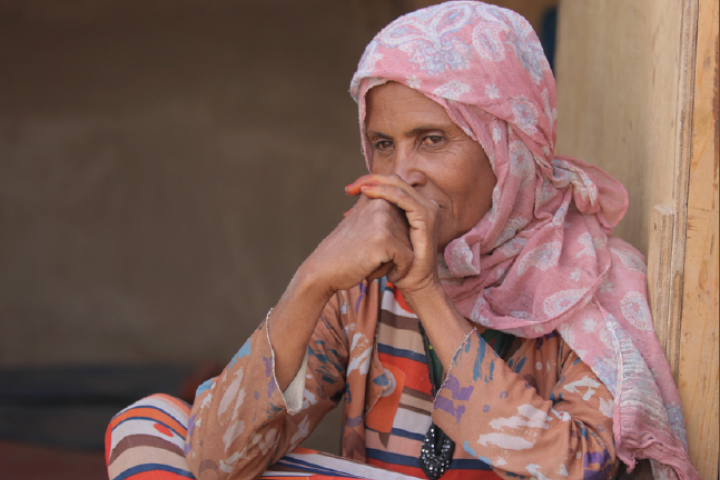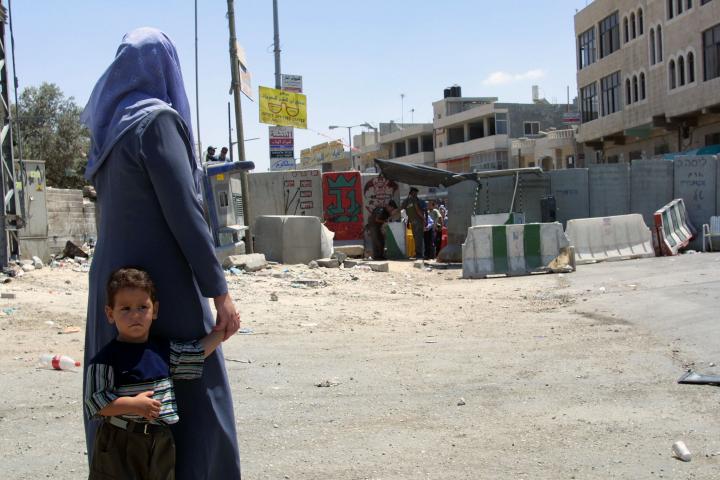Press release
7 Aug 2018
Beirut , Lebanon
Experts discuss post-conflict reconstruction policies after political agreement in Syria
The meeting was also an opportunity to introduce a report that will be launched in September called “Syria, 7 years at war,” which assesses the socio-economic impacts of the conflict. Experts discussed the preliminary results and methodologies, analyzing the data sources used for the assessment and providing valuable inputs that can be added to the study before its launch.
ESCWA has been looking at the reconstruction process in Syria from a holistic point of view, with efforts geared towards ensuring a return of cohesion to the Syrian society’s fabric, violently torn apart during the past seven years of war.
“Syria, 7 years at war” provides an analysis of the conflict’s evolution including the social and economic consequences of continuous fighting. It highlights the main pillars of post-conflict reconstruction which focus on re-activating the indigenous drivers of economic recovery, and identifies their requirements and main challenges, particularly at the governance level. Macroeconomic policies, funding sources, issues of international cooperation and management of foreign aid are also addressed.
These pillars serve as an introduction to pose key questions that the reconstruction process must answer to reach the building of a comprehensive, just and sustainable peace, taking into consideration the root causes of the Syrian conflict, thus, reducing the likelihood of conflict relapse.
During the two-day expert group meeting which ended on Wednesday, updated figures were presented on the latest macroeconomic indicators and impacts of the conflict in Syria including the change in GDP, with an explanation on the sources of these changes. Discussions focused on estimations related to the volume of destruction in physical capital and its sectoral distribution, which according to ESCWA experts reached over $388 billion US dollars, while the actual physical cost of destruction was close to 120 billion dollars. These figures do not include human losses resulting from deaths or the loss of human competences and skilled labor due to displacement, which were considered the most important enablers of the Syrian economy.
Looking at available quantitative and qualitative indicators, experts discusses monetary and banking developments and the public financial position, as well as other issues such as the economy of violence, food security, and the impact of unilateral economic measures imposed on Syria. Demographic considerations, poverty and the situation of education and health were also raised.
The meeting, which included representatives of United Nations organizations and other key stakeholders, was thus an important opportunity to discuss outputs and figures presented by the ESCWA working group, to be validated by the participants and updated where necessary before the launch of the "Syria 7 years of war" report in September.
This work is being delivered by the UN regional commission’s National Agenda for the Future of Syria (NAFS) programme, which was launched in 2012 and provides a platform for technical dialogue between Syrians from different backgrounds to discuss policy alternatives necessary to address the social, economic and governance challenges of post-conflict Syria.
*****
For more information:
Mr. Nabil Abu-Dargham, Head, ESCWA Communication and Information Unit
+961-70-993-144; email: dargham@un.org
Ms. Rania Harb +961-70-008-879; email: harb1@un.org
Ms. Mirna Mahfouz: +961-70-872-372; email: mahfouz@un.org
Mr. Haidar Fahs: +961-70-079-021; email: haydar.fahs@un.org



